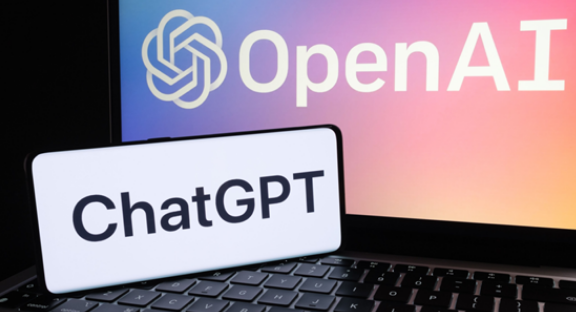August 12, 2024 – A recent report titled “Minding the AI Gap: Shaping the Future of Work in a Global Perspective” has been released by the International Labour Organization and the Office of the UN Secretary-General’s Technology Envoy. The report raises concerns that the AI revolution may widen the development gap between high-income and low-income countries, unless international collaborative actions are taken.
According to the report, AI is spearheading a global industrial revolution, presenting significant opportunities for innovation and productivity. However, due to disparities in investment, adoption, and usage rates, AI is also exacerbating economic and social inequalities. This emerging “AI divide” implies that high-income countries are poised to benefit more from AI, while low- and middle-income countries may lag behind.
AI has the potential to enhance work efficiency and improve working conditions. Nevertheless, inequalities in access to infrastructure, technology, quality education, and training can lead to uneven AI adoption, further widening global disparities. The report highlights that high-income countries have the capability to harness AI for productivity gains, whereas developing countries may encounter bottlenecks due to the lack of digital infrastructure.

Globally, over $300 billion is spent annually on technologies to boost computing power. However, these investments are primarily concentrated in high-income countries. The gaps in infrastructure and skill development put developing countries and their local startups at a significant disadvantage.
Furthermore, the report emphasizes that women are most vulnerable to the impacts of AI automation, particularly in clerical and business process outsourcing roles commonly found in developing countries, such as call centers. Studies indicate that while automation may result in job losses, it also offers the potential for job enhancement, improving work quality and productivity.
Additionally, the absence of a national technology industry in developing countries forces skilled workers, even those proficient in AI, to offer their services to companies in other countries through freelancing platforms. This phenomenon contributes to another form of “brain drain.”












